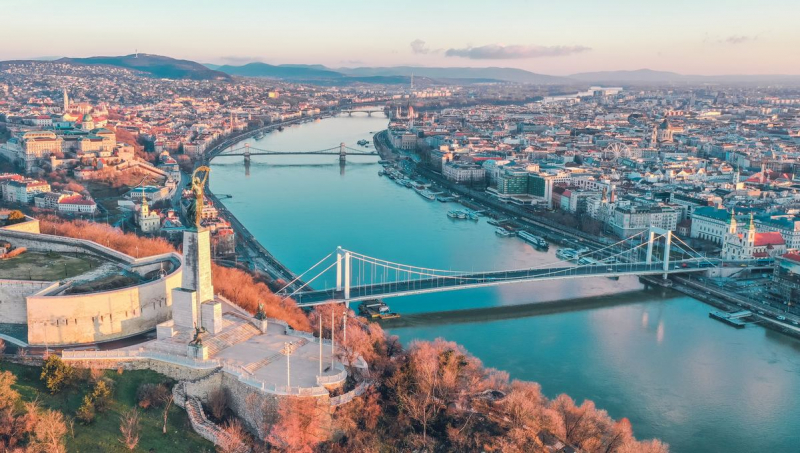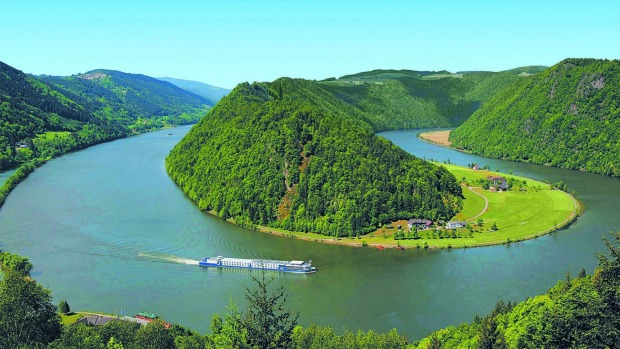Danube

The Danube (also known as the Danube in other languages) is Europe's second-longest river, behind the Volga in Russia. From the Black Forest to the Black Sea, it runs through much of Central and Southeastern Europe. Breg, the river's longest headstream, rises in Furtwangen im Schwarzwald, while the river takes its name from Donaueschingen onwards.
The Danube was formerly a long-standing Roman Empire frontier and is now the world's longest river, passing through the most countries (10; the Nile is second with 9). The Danube runs southeast from Germany for 2,850 kilometers (1,770 miles), passing through or bordering Austria, Slovakia, Hungary, Croatia, Serbia, Romania, Bulgaria, Moldova, and Ukraine before emptying into the Black Sea.
Its drainage basin extends into nine additional countries. Vienna, Budapest, Belgrade, and Bratislava, all capitals of their own nations, are the river's major cities. Bucharest, Sofia, Zagreb, Ljubljana, and Sarajevo are five more capital cities in the Danube's basin. Munich, the capital of Bavaria, is the basin's fourth-largest city, located on the Isar River.
Fish species such as pike, zander, huchen, Wels catfish, burbot, and tench can be found in the Danube river basin. It also supports a diverse population of carp, sturgeon, salmon, and trout. The Danube Delta and the lower stretch of the river are home to a few species of euryhaline fish, including European seabass, mullet, and eel.
Length: 2,850 km










